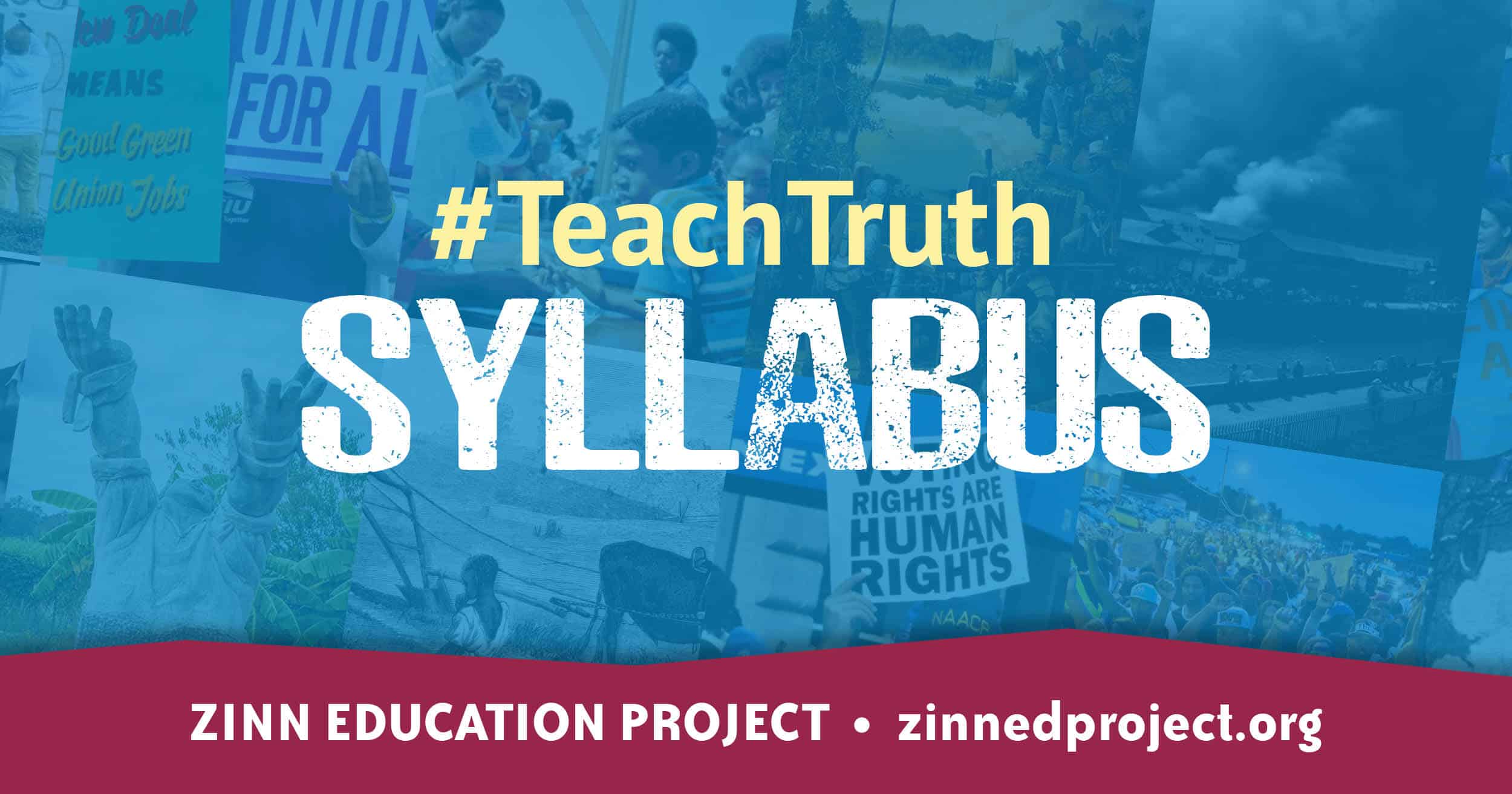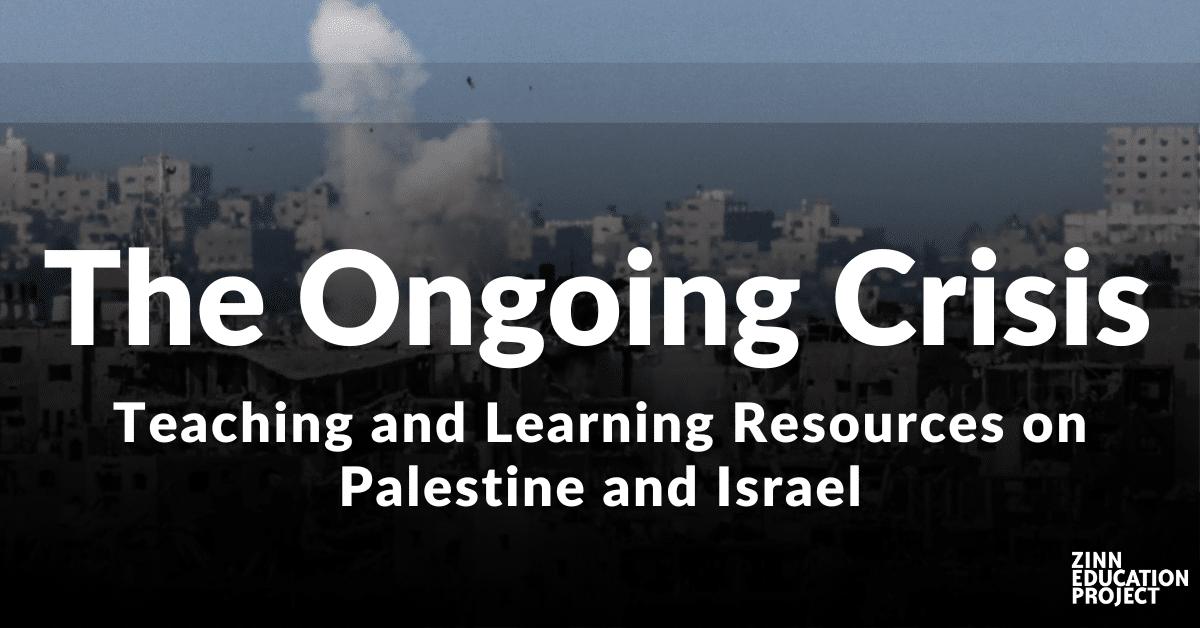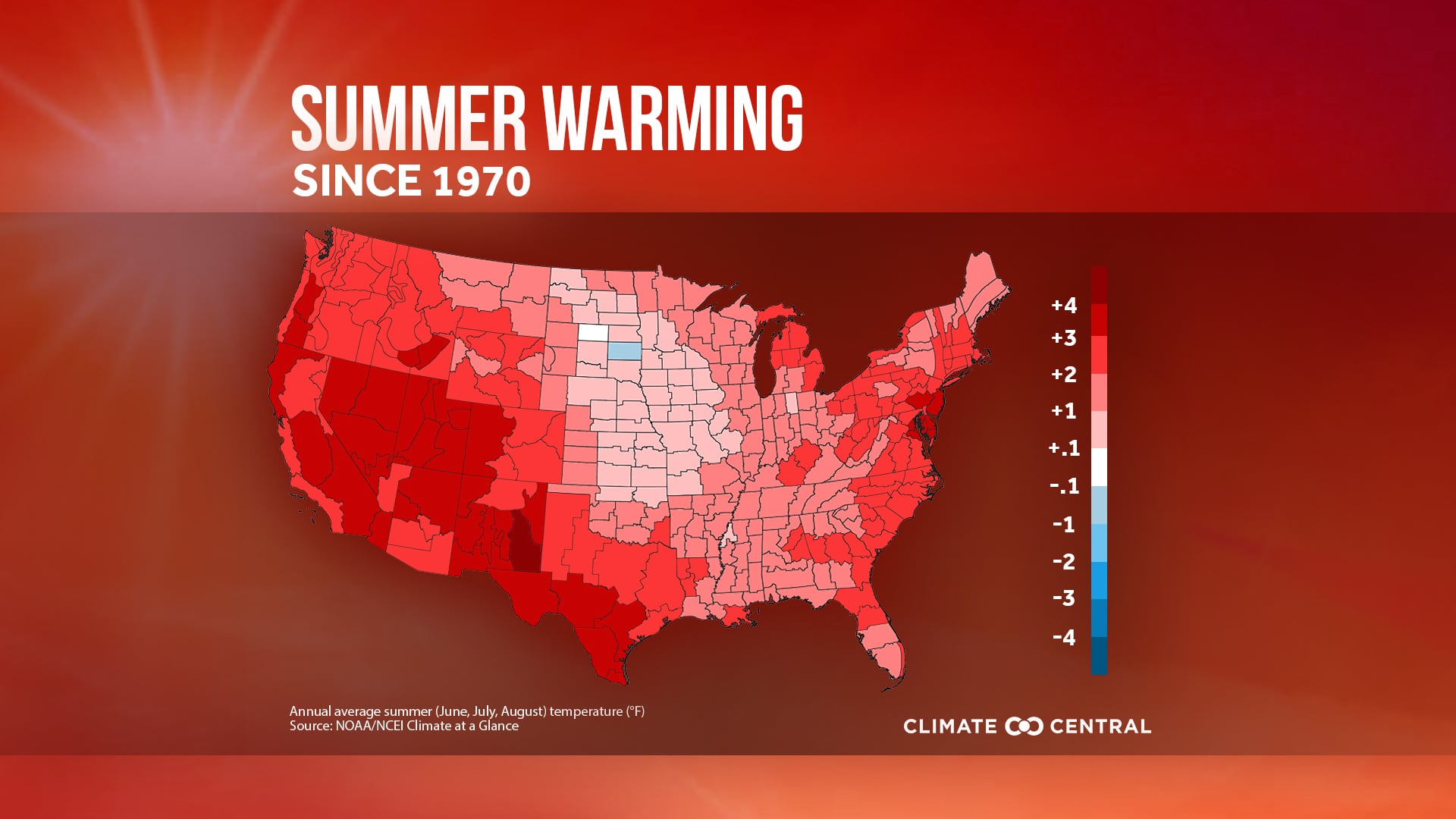Teaching Truths: Educators Speak on Justice and Liberation in the Classroom is a partnership between the Zinn Education Project and Prism. This series sheds light on the resilience and courage of educators that are committed to teaching the full spectrum of people’s history in classrooms. From Black, Indigenous, and LGBTQIA+ history, to the climate crisis, the ongoing genocide in Gaza, and the history of social movements, dedicated educators are keeping these essential stories alive in classrooms around the country.
In these interviews, educators share their strategies for resisting classroom attacks, their visions for a liberatory education, and their unwavering belief in the transformative power of young people who are informed, engaged, and ready to fight for justice. Read the interviews below. They are preceded by an event announcement.
In the wake of a painful election and rising fascism, one truth remains clear: The work of teaching collective liberation in the classroom continues.
Just as in the late 1940s and early 1950s, the Red Scare and Lavender Scare were used to purge teachers and prohibit discussion of social and racial justice in schools, today’s attacks on what history deniers have labeled “critical race theory” and “gender ideology” are wielded as tools to fire educators and exclude discussions about structural racism, sexism, transphobia, and homophobia.
Drawing from resistance histories, Prism is hosting a virtual discussion with the Zinn Education Project with five educators from around the country who are teaching truth by fearlessly committing to talking about justice and liberation in the classroom.
Educators will share their strategies for resisting classroom attacks, their visions for a liberatory education, and their unwavering belief in the transformative power of young people who are informed, engaged, and ready to fight for justice.
Hosted by Lara Witt, editor-in-chief at Prism, with panelists Jesse Hagopian, Dr. Tamyka Morant, De’Ana Forbes, greg wickenkamp, and Dr. Chantee Earl. Learn more and RSVP
Teaching Truths: Educators Speak on Justice and Liberation in the Classroom
by Lara Witt and Jesse Hagopian, Oct. 1, 2024
Young people have long been catalysts for change throughout U.S. history, leading movements that have reshaped the nation’s social and political landscape. The 2020 uprising for Black lives was yet another powerful demonstration of this legacy, with young activists at the forefront, demanding justice and an end to systemic racism. Their energy and determination galvanized a movement that shook the status quo, forcing the nation to confront uncomfortable truths about its past and present. Some of the most significant victories of the 2020 uprising occurred when organizers successfully advocated for implementing Black studies and ethnic studies programs in schools and removed school resource officers from some schools across the country while pushing for more counselors. Continue reading.
Teachers on the Power of Teaching Climate Justice
by Ray Levy Uyeda, Oct. 3, 2024
While it may have taken decades for adults to read the writing on the wall as it relates to climate change, young people have long understood the crisis. Ann Finkel, a middle school science teacher in Chicago, Illinois, and Rachel, a middle school teacher in Iowa, incorporate supplementary lesson plans on the root causes and consequences of climate change into their classes. (Rachel is using a pseudonym due to privacy and safety concerns.) Their students learn that individuals aren’t to blame for the climate crisis and that, for some communities, the climate crisis is already here. Continue reading.
Teaching Palestine: Educators Bring Resistance and History to Their Classrooms
by Alexandra Martinez, Oct. 7, 2024
Suzanna Kassouf is an experienced social studies teacher from Portland, Oregon, who has faced both support and significant challenges while integrating these topics into her lessons. Destiny Andrews, a dedicated educator with a decade of teaching experience, currently teaches fourth and fifth graders at Oakland Academy of Knowledge. Andrews’ journey into education was fueled by her own challenging school experiences and the transformative impact of a memorable teacher. Both educators sat down with Prism for a roundtable discussion about their experience teaching about Palestine in the classroom. Continue reading.
Rewriting the Immigration Narrative: How One Teacher is Transforming Classroom Discussions
by Tina Vásquez, Oct. 10, 2024
Nick DePascal, an advanced placement (AP)/International Baccalaureate (IB) English teacher at Sandia High School in Albuquerque, New Mexico, is one of hundreds of educators nationwide committed to creating and teaching a curriculum that, as DePascal said, “allows students to develop a critical capacity to understand migration and the border, to see themselves and their stories in that curriculum, and to leave class with more knowledge and context.” The starting point for many of these conversations is DePascal’s understanding that political borders are “created and maintained through the violence of the State,” a fact with plenty of supporting evidence. DePascal recently spoke to Prism’s features editor Tina Vasquez for a wide-ranging conversation about teaching migrant justice in the classroom, how online disinformation can shape students’ understanding of immigration, and why his students are paying more attention to the upcoming presidential election. Continue reading.
Beyond the Textbook: How Educators Navigate Race and History in the Classroom
by Tamar Sarai, Oct. 23, 2024
With debates around critical race theory, changing racial demographics, and calls to more deeply reflect upon the country’s legacy of colonialism, slavery, and racial prejudice, educators, parents, and legislators have been struggling together — and often against one another — to determine how histories of race enter into the classroom. These debates manifest differently across schools and are informed by how teachers engage their students. Continue reading.

Empowering Classrooms: Educators Champion LGBTQIA+ Inclusion, Justice, and Resilience in Curriculum
by Alexandra Martinez, Oct. 28th, 2024
Prism spoke to educators from Texas, Vermont, and New York who have found ways to address LGBTQIA+ justice in their classrooms in the face of censorship. As the national discourse around LGBTQIA+ rights continues to evolve, these educators remain committed to creating a safe and inclusive space for their students. Continue reading.
Teaching from a Revolutionary Perspective: How Educators Ensure Lessons Reflect All Histories
by Tamar Sarai, Nov. 7, 2024
Across the country, history and social studies teachers are grappling with balancing the strictures of the public education system alongside their own visions for what their students need and deserve to know. For educators of color, particularly Black teachers who primarily educate students of color, the importance of ensuring that their lessons are reflective of all of the histories, backgrounds, and stories is magnified. Three teachers share how they use resources beyond traditional textbooks to build a more radical and reflective curriculum. Continue reading.
















Twitter
Google plus
LinkedIn